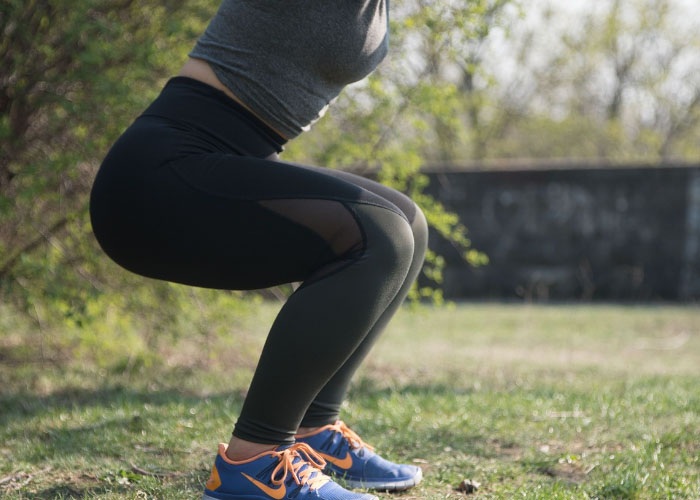In the quest for better sleep, many people explore various remedies, from herbal teas to meditation. However, an often-overlooked strategy involves incorporating simple exercises, such as squats, into your nighttime routine. Recent studies suggest that engaging in physical activity, particularly strength training, can significantly enhance sleep quality. Let’s dive into how squats specifically can be beneficial for your nightly rest.
The Science Behind Exercise and Sleep
Research has consistently shown a positive correlation between physical activity and sleep quality. Exercise helps regulate the body’s circadian rhythms, improves mood, and reduces stress—factors that are crucial for a good night’s sleep. A study published in the Journal of Clinical Sleep Medicine found that individuals who engaged in regular physical activity experienced deeper, more restorative sleep compared to sedentary individuals.
Benefits of Squats for Sleep
Physical Fatigue: Performing squats, like other forms of exercise, tires out your muscles and expends energy. This physical fatigue can promote quicker sleep onset and a more restful night.
Release of Endorphins: Squats stimulate the release of endorphins, which can improve mood and reduce feelings of anxiety. A more relaxed mind is conducive to falling asleep more easily.
Improved Circulation: Squats enhance blood flow and circulation, ensuring that oxygen and nutrients are delivered more efficiently throughout the body. Improved circulation can aid in muscle recovery and relaxation, making it easier to transition to sleep.
Hormonal Regulation: Engaging in physical activity can help regulate the production of hormones such as cortisol and melatonin. Lowering cortisol, the stress hormone, while increasing melatonin, the sleep hormone, is vital for improving sleep quality.
Timing Matters
While the benefits of squats are clear, the timing of your workout is crucial. Performing squats too close to bedtime might energize you and interfere with your ability to fall asleep. Research suggests that moderate exercise done in the early evening can be optimal. Aim to finish your workout at least 1-2 hours before bedtime to allow your body to wind down.
Incorporating Squats into Your Nighttime Routine
If you’re interested in trying squats to improve your sleep quality, here’s a simple routine:
Warm-Up: Start with a light warm-up, such as brisk walking or gentle stretching, to prepare your muscles.
Perform Squats: Aim for 2-3 sets of 10-15 squats. Focus on form—keep your back straight, knees behind your toes, and lower your body as if sitting back into a chair.
Cool Down: After your squats, take a few minutes to stretch your legs and relax. This can help ease any tension and promote relaxation.
Additional Tips for Better Sleep
While squats can be a great addition to your sleep routine, consider pairing them with other sleep hygiene practices:
Limit Screen Time: Reduce exposure to screens at least an hour before bed to help your body naturally prepare for sleep.
Create a Sleep-Conducive Environment: Ensure your bedroom is dark, cool, and quiet.
Mindfulness Practices: Incorporate relaxation techniques such as deep breathing or meditation to calm your mind.
Conclusion
Incorporating squats into your evening routine may be a simple yet effective strategy to enhance sleep quality. By promoting physical fatigue, regulating hormones, and reducing stress, squats can pave the way for a more restful night. So, next time you find yourself struggling to sleep, consider a few squats as part of your nighttime ritual. Your body—and mind—may thank you!

